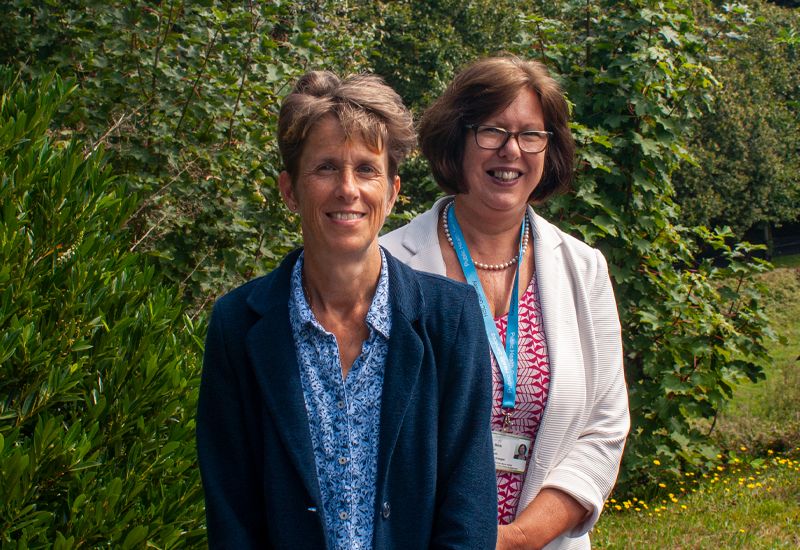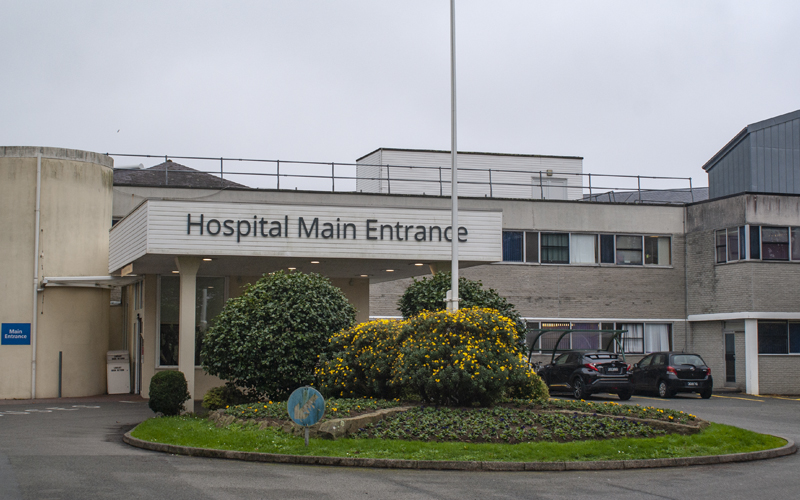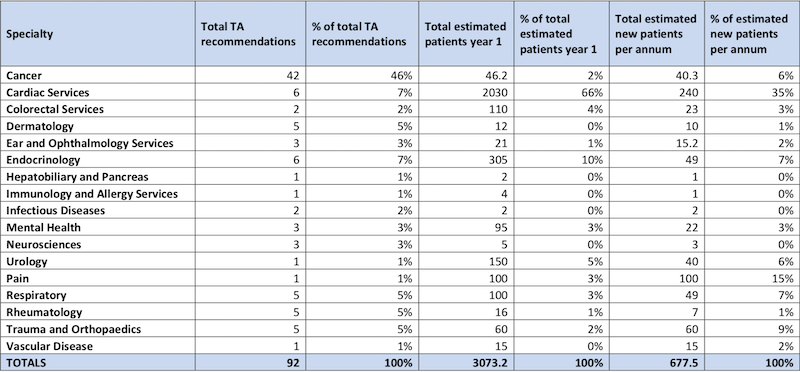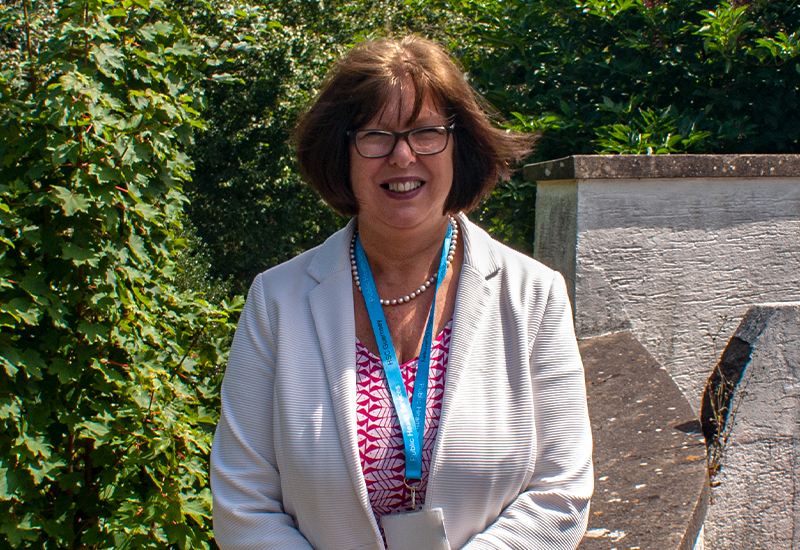


Ever-growing demands on health and social care services have led to Health & Social Care requesting an extra £12m. in their budget for 2020 in order to maintain services and invest in long-term transformation.
That figure does not include the multi-million pound sum the committee is requesting for NICE-approved drugs and any pay increases for nurses that the industry is currently calling for.
HSC announced yesterday its proposal to move towards funding all NICE TAs, saying that the difference between the drugs available to patients in the Bailiwick and the UK had reached unacceptable levels.
However, the committee is "mindful" that funding new drugs and treatments should not be at the expense of other investments that are needed to support the long-term transformation of local healthcare.
Even with a successful transformation of services, the department is facing the prospect of a £20m. funding gap by 2027.
"There is no tolerance for anything extra on top of our [£119m.] budget," HSC President Heidi Soulsby.
"We have made savings over the last three years and we are making transformational changes. We have been really efficient and have saved everything we said we would this year, but the trouble is that we have budgetary pressures elsewhere which offset these savings."

Pictured: If HSC's NICE proposals are approved, changes will need to be made at the PEH in order to accommodate a significant increase in infusions and pharmacy services.
Some of the areas that HSC needs to invest in are:
However, the committee has also concluded that they cannot shy away from investing in a wider range of drugs and treatments because of these demands.
"We need to have that conversation about how much people are willing and able to pay for their health and care services," said Deputy Soulsby.
HSC's proposals to adopt NICE drugs and treatments, starting with the most cost-effective, are estimated to cost £5.3m in Year 1 and £8.1m in Year 2 before the scheme is reviewed.

Pictured: TA recommendations are not determined by the number of patients that potentially meet the criteria for treatment. For example, 42 (46%) of the TA recommendations are for anti-cancer treatments, but that they only cover 2% of the estimated year 1 patients. Conversely, only 6 (7%) of the TA recommendations are for cardiac services, but these cover 66% of the estimated year 1 patients.
"The funding has to be on top of what we currently provide and our investment elsewhere," said Deputy Souslby. "We don’t want to follow what is happening in England where social care has seen a reduction in funding of around 40% in recent years. We know that the focus on prevention and early intervention needs to be increased, not diminished."
Director of Public Health Dr Nicola Brink said the initial estimates were the result of significant expert analysis of Guernsey's health needs, rather than just lifting figures from elsewhere and applying them to the island.
"The assumption is that we can get the drugs at a discounted price," she said. "We have done an in-depth analysis, spent hundreds of hours evaluating every single TA, sense-checking and being as diligent as we can be."

Pictured: Dr Brink said they had decided not to prioritise treating certain conditions or illnesses over others, as that would "introduce an inherent inequality" to HSC's proposals.
And while Deputy Soulsby said they could secure interim funding for NICE drugs if necessary, she would feel "uncomfortable" doing so without having a sustainable base of funding in place.
That will ultimately be a decision for the States of Deliberation, who will have the final say on whether HSC's proposals are implemented and funding put aside to resource them.
Pictured top: Deputy Heidi Soulsby and Dr Nicola Brink.
Comments
Comments on this story express the views of the commentator only, not Bailiwick Publishing. We are unable to guarantee the accuracy of any of those comments.